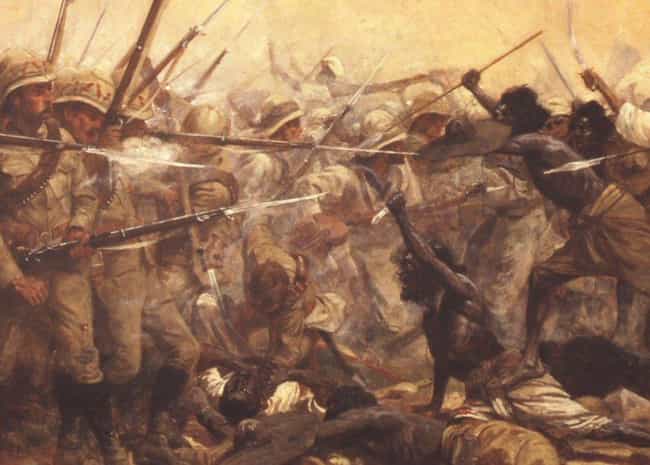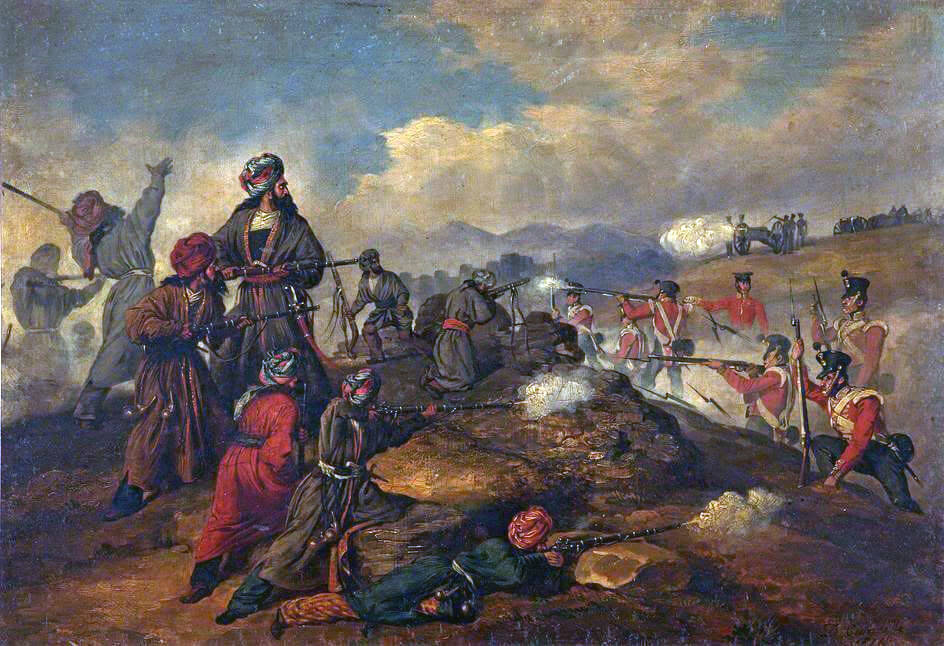This monograph, by MAJ Ron Hernandez, deals with the prospect, "...that the
urban environment will be the US Army’s predominate operating environment in the future. From
this, it is deduced that by understanding modern urban operations an understanding of future
warfare can be established. To foster this understanding, three case studies will be examined. The
first will be the Battle of Aachen in October 1944. This battle was one of the key battles on the
Western Front during World War II, and it was the first German city captured by Allied Forces.
This battle set the foundation for the US Army’s initial understanding regarding urban warfare. "
Everything about Tactical Wargaming at its finest | Campaign Series | WinSPWW2 | WinSPMBT | Scenario Design | AAR | Military History
Thursday, 31 January 2019
Wednesday, 30 January 2019
A long way to go | The Russian Military Reform 2/3
The second of an analysis about the military reform of the armed forces of the Russian Federation, by Patrick Truffer, who has worked in the Swiss Armed Forces for more than 15 years, holds a Bachelor Degree of Political Science from the ETH Zurich and a Master in International Relations from the Free University of Berlin. An English version will follow soon and is going to be published here.
Sunday, 27 January 2019
The Origins of the “Reagan Doctrine Wars”
in Angola, Central America, and Afghanistan, a thesis by Todd Greentree."This diplomatic and military history offers a new interpretation of the origins of the three fighting fronts during the final phase of the Cold War in Angola, Central America, and Afghanistan. Vaguely remembered today as proxy wars on the periphery, in fact, these were protracted revolutionary civil wars and regional contests for the balance of power in which millions died, while at the same time they were central to global superpower confrontation. Analysis focuses on the strategy and policy of the United States."
Saturday, 19 January 2019
The Mahdist Revolution
This thesis, by Major Robert N. Rossi, USA, covers the Mahdist Revolution in the Sudan from 1881 to 1885. Mohammed Ahmed proclaimed himself the Mahdi (the expected one or the deliverer in the Islamic faith), and fought the colonial Egyptian government of the Sudan and the British. Britain was drawn into the conflict by its interest in the Suez Canal, its heavy financial investments in Egypt, and its participation in suppressing the Arab revolt.
Mohammed Ahmed successfully defeated the Egyptian and British forces brought against him and established an Islamic state in the Sudan. He succeeded by effectively combining religious, economic, cultural, and military strategy under charismatic leadership.
Tuesday, 15 January 2019
"It's Just Not Cricket"- The Anglo-Afghan Wars
... and Their Relevance To Current Operations, by Major S A Turner, Royal Marines. "The British experience in Afghanistan in the Nineteenth and Twentieth Centuries
provides useful lessons which can be applied to current ISAF operations." Supplemental reading on the First Anglo-Afghan War, check out the article from Jiří Kárník.
Monday, 14 January 2019
Artificial Intelligence and the Future of Warfare
Three interesting papers I found by 'accident' while having my usual stroll through the darkness of the dusty archives... Artificial Intelligence and the Future of Warfare, by M. L. Cummings, AI and the Future of Defence, published by The Hague Centre for Strategic Studies (HCSS) and Future Warfare and AI, by Atul Pant.
Saturday, 12 January 2019
Resolving Insurgencies
"Counterinsurgency remains the most challenging form of conflict conventional forces face. Embroiled in the longest period of sustained operations in its history, the U.S. Army maintains a fragile peace in Iraq and faces a chronic insurgency in Afghanistan. In much of Africa, Asia, and Latin America, active insurgent conflicts continue and potential ones abound. The United States may become involved in some of these conflicts, either directly or by providing aid to threatened governments. Understanding how insurgencies may be brought to a successful conclusion is, therefore, vital to military strategists and policymakers. The author, Dr. Thomas Mockaitis, examines in great detail how past insurgencies have ended and how current ones may be resolved."
Friday, 11 January 2019
The Anglo-Zulu War of 1879
Today, 140 years ago, on the 11th January 1879, the British invasion of Zululand begun. "The Anglo-Zulu War of 1879 still intrigues both scholars and enthusiasts alike. Its story contains tragedy, high drama and the heavy loss of human life; it involved five major battles and two lesser fights; and led to the snuffing out of the direct male Napoleonic line of France with the death of the Prince Imperial. And all this in less than one year." Learn all about the various Zulu Wars - Historical Dictionary of the Zulu Wars.
Subscribe to:
Comments (Atom)



